Nina Khrushcheva's 6 favorite books to help you understand the world
The scholar and author recommends works by Madeleine Albright, Lee McIntyre, and more

Nina Khrushcheva's new book, In Putin's Footsteps, co-authored with Jeffrey Tayler, mixes travelogue with a survey of Russian politics. Below, the scholar and great-granddaughter of Nikita Khrushchev lists books useful for reading today's world.
Fascism: A Warning by Madeleine Albright (2018).
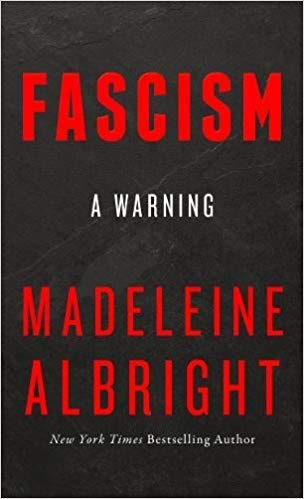
The former U.S. secretary of state offers a historical and contemporary account of a persistent threat to democracy. Much has been written about fascism, but given the current rise of many strongmen — in Russia, Hungary, Turkey, even the U.S. — this book couldn't be more timely.
The Week
Escape your echo chamber. Get the facts behind the news, plus analysis from multiple perspectives.

Sign up for The Week's Free Newsletters
From our morning news briefing to a weekly Good News Newsletter, get the best of The Week delivered directly to your inbox.
From our morning news briefing to a weekly Good News Newsletter, get the best of The Week delivered directly to your inbox.
Red Famine: Stalin's War on Ukraine by Anne Applebaum (2017).
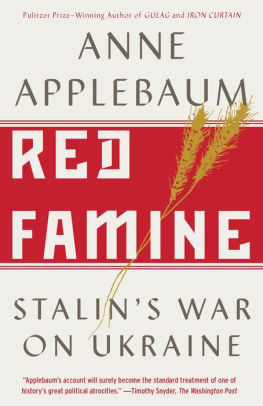
Applebaum is a master narrator of Soviet tragedies; her latest book is a moving account of the 1932–34 Ukrainian catastrophe known as the Holodomor (Death from hunger). The author's research shows that the famine, which killed millions, was caused deliberately by Josef Stalin to crush Ukrainian nationalism.
Shadows of Empire: The Anglosphere in British Politics by Michael Kenny and Nick Pearce (2018).
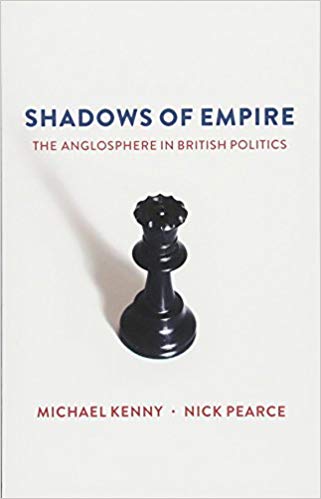
If Russia continues to act imperially toward Ukraine and other countries, that might be because it wants to escape Britain's fate. Once an empire, the U.K. turned too quickly into an ordinary country, leaving its citizens little time to reconcile themselves to their reduced status in the world. Brexit, the authors suggest, is a result of the nation's existential crisis.
A free daily email with the biggest news stories of the day – and the best features from TheWeek.com
Stalin: Waiting for Hitler, 1929–1941 by Stephen Kotkin (2015).
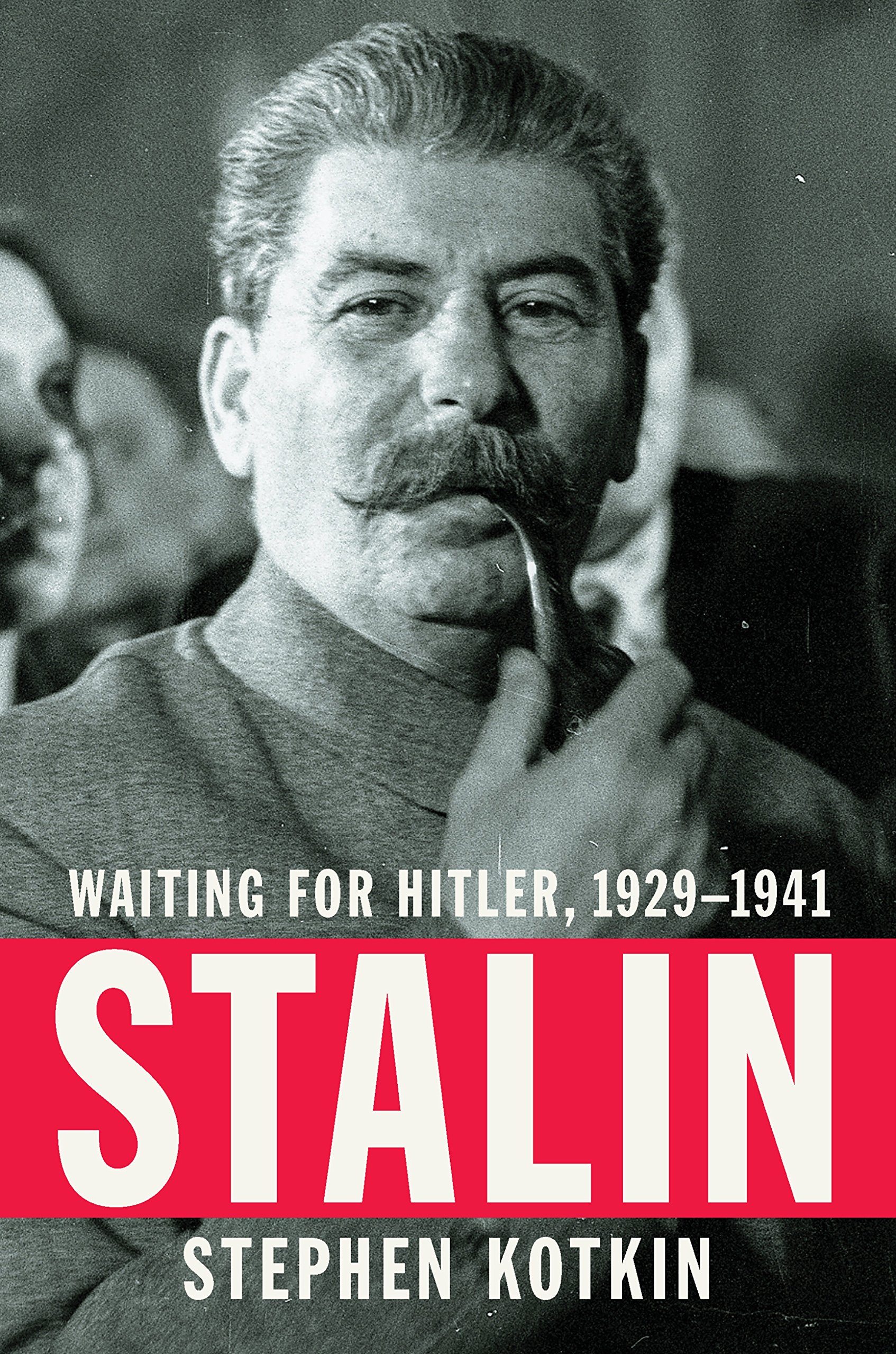
This second volume of Kotkin's planned Stalin trilogy has won numerous awards. Kotkin's account of the despot's career stands apart from others because he portrays Stalin as a product of the Russian political system, rather than the sole creator of Soviet dictatorship.
Post-Truth by Lee McIntyre (2018).
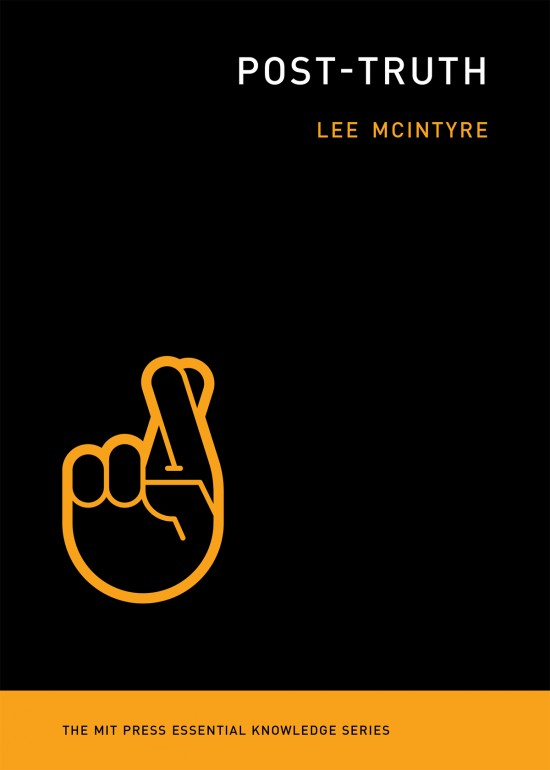
This slim yet comprehensive volume probes an alarming reality of our time: Factual truth is often less persuasive than our feelings. McIntyre doesn't only explain the phenomenon, he also suggests a path out of the encroaching "post-truth" world.
Behave: The Biology of Humans at Our Best and Worst by Robert M. Sapolsky (2017).
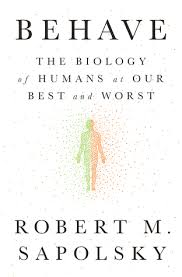
A combination of extensive research and elegant analysis, Sapolsky's study shows how people's brains react to certain situations, producing different behaviors and outcomes. Today, when we decipher politicians' every move, this is an indispensable work.
-
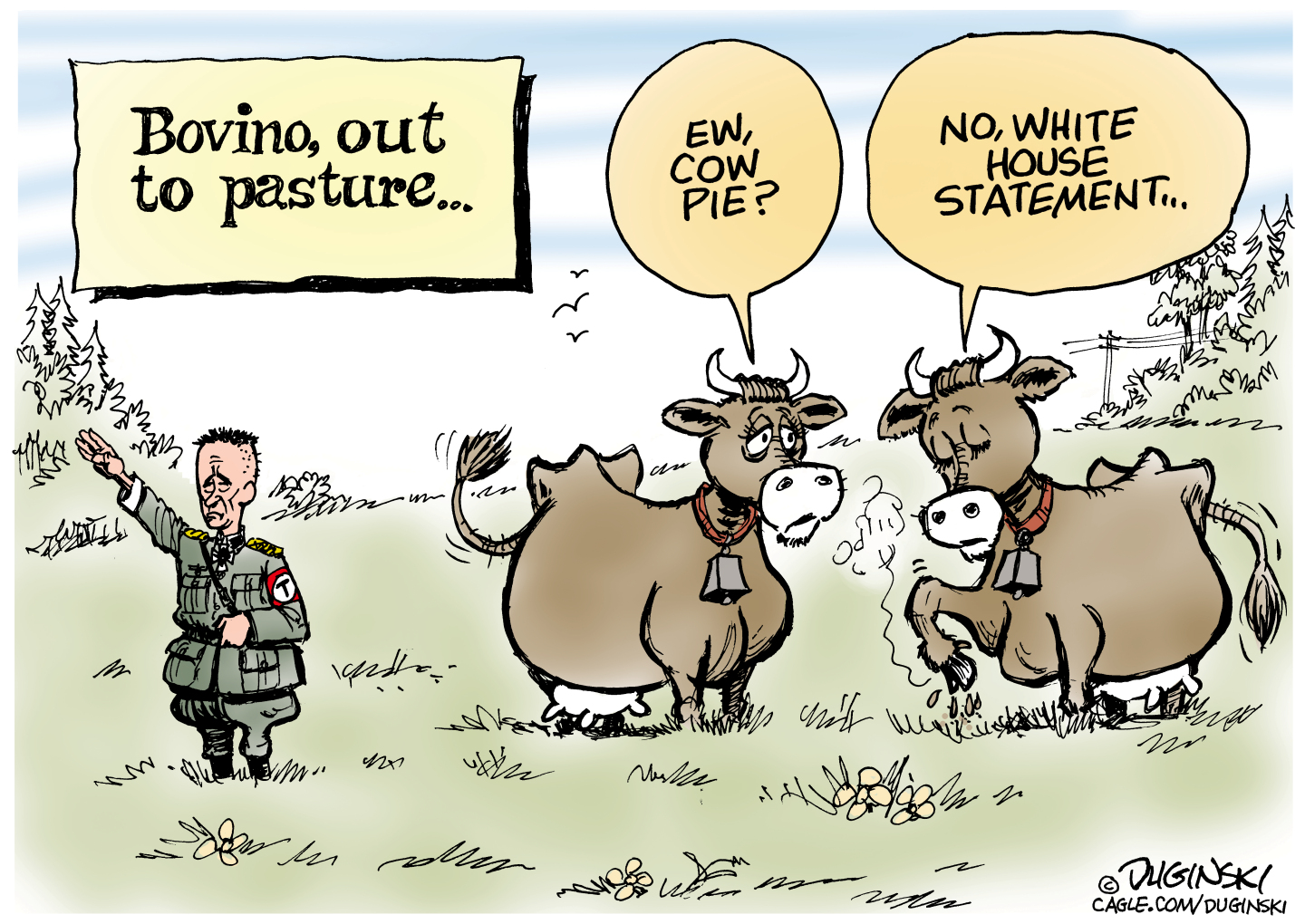 5 redundant cartoons about Greg Bovino's walking papers
5 redundant cartoons about Greg Bovino's walking papersCartoons Artists take on Bovino versus bovine, a new job description, and more
-
 31 political cartoons for January 2026
31 political cartoons for January 2026Cartoons Editorial cartoonists take on Donald Trump, ICE, the World Economic Forum in Davos, Greenland and more
-
 Political cartoons for January 31
Political cartoons for January 31Cartoons Saturday's political cartoons include congressional spin, Obamacare subsidies, and more